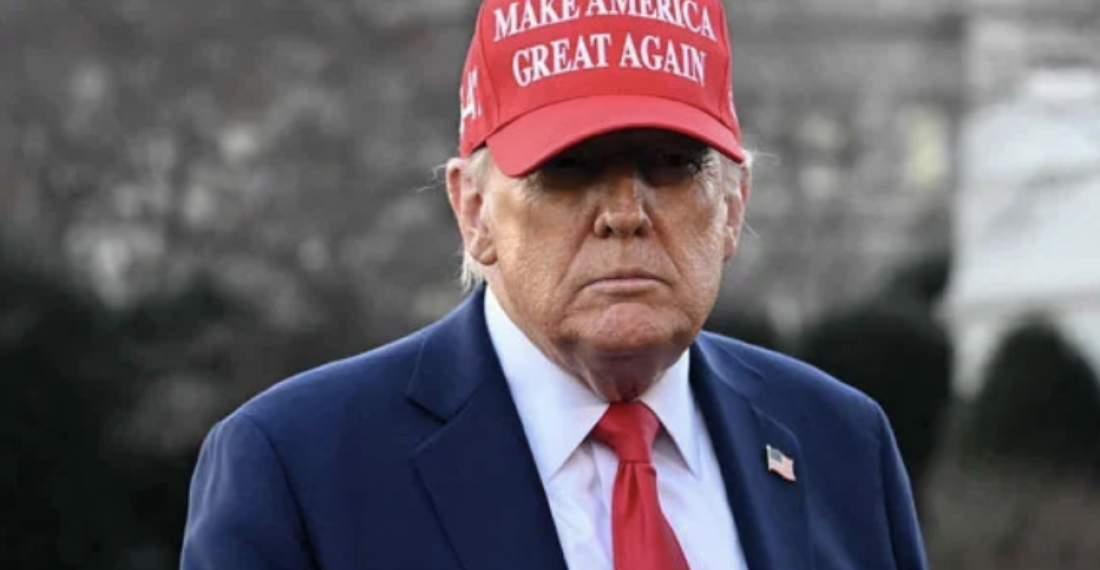In a statement released on Thursday (19 June), the U.S. President set a two-week deadline to decide whether the United States should launch a military strike on Iran amid growing concerns over Tehran’s alleged nuclear capabilities.
Tensions have risen sharply in recent days amid exchanges of rocket fire between Iran and Israel. In response, Trump cut short his attendance at the G7 summit in order to receive security briefings and assess US options. Trump campaigned for the presidency on the promise that he would not lead the United States into another war in the Middle East. While some in his political base urge caution, others press for forceful intervention.
On Thursday (19 June), White House Press Secretary Karoline Leavitt said that Trump still hopes for a diplomatic resolution, but is prepared to consider military action if Iran moves closer to acquiring nuclear weapons. She warned that Iran could complete a nuclear device within "a couple of weeks" if its supreme leader, Ayatollah Ali Khamenei, were to give the order.
However, doubts over Iran’s nuclear intentions persist. In an interview with Al Jazeera on Thursday (19 June), the head of the International Atomic Energy Agency (IAEA), Rafael Grossi, said, "We did not find in Iran elements to indicate that there is an active, systematic plan to build a nuclear weapon". On Wednesday (18 June), the Washington-based think tank Arms Control Association also denounced US involvement in Israel's war against Iran, stating that there is no indication that Iran is weaponising its nuclear programme. Furthermore, on 25 March, Tulsi Gabbard, Trump's director of national intelligence, informed Congress that Iran had not yet made a decision to weaponise its nuclear programme.
European officials are also exploring renewed talks with Iran, including diplomacy in Geneva, though Trump’s statement makes clear military action remains on the table.






